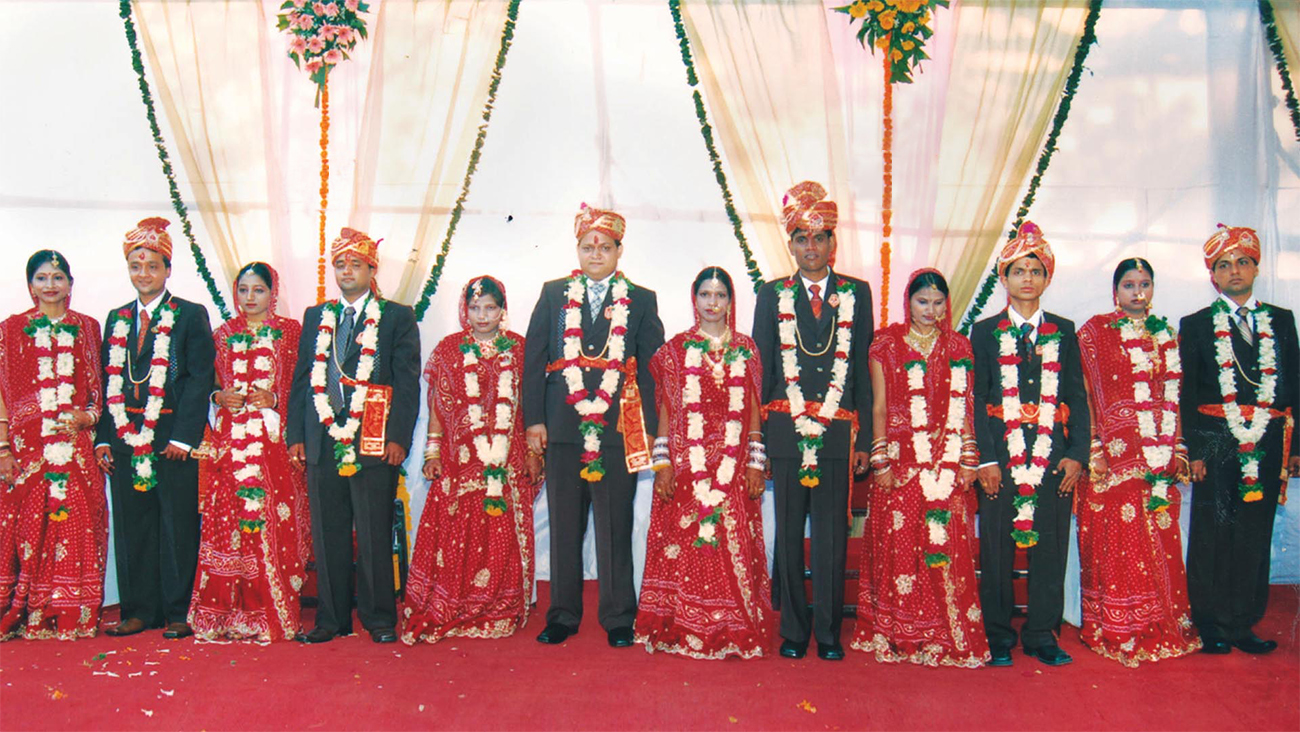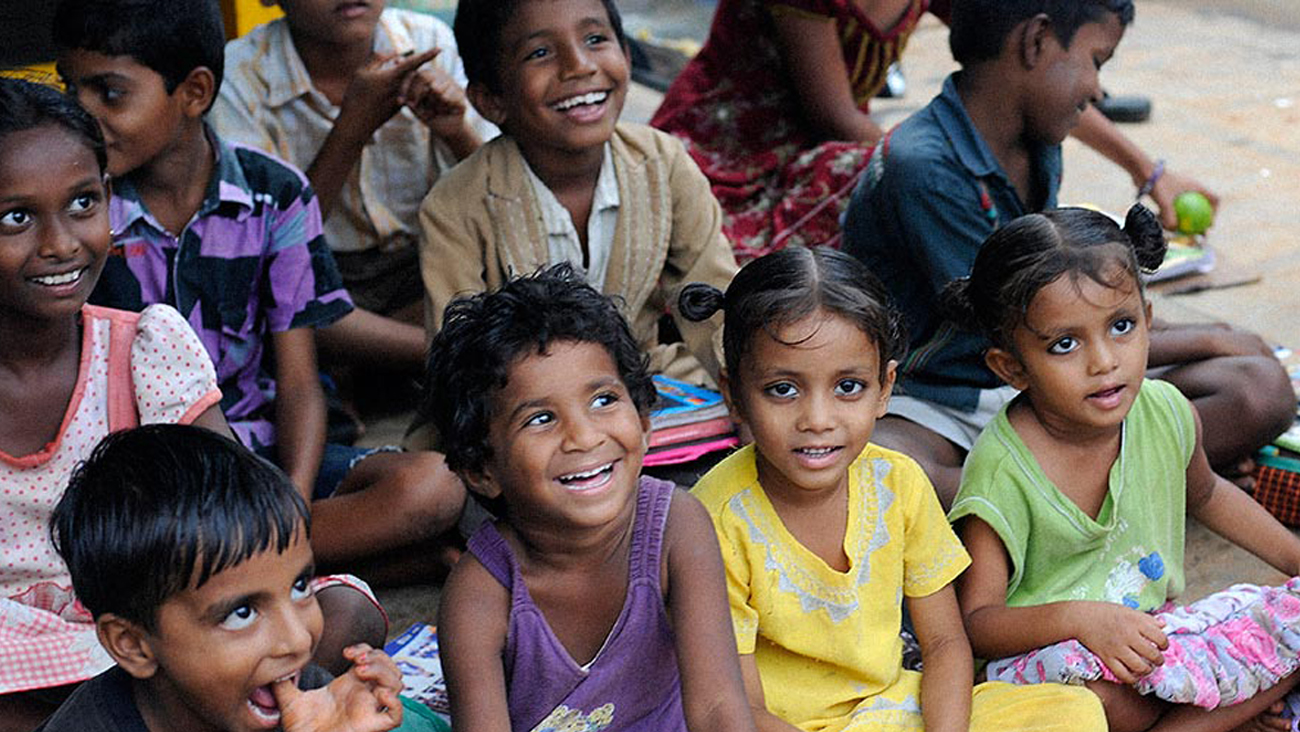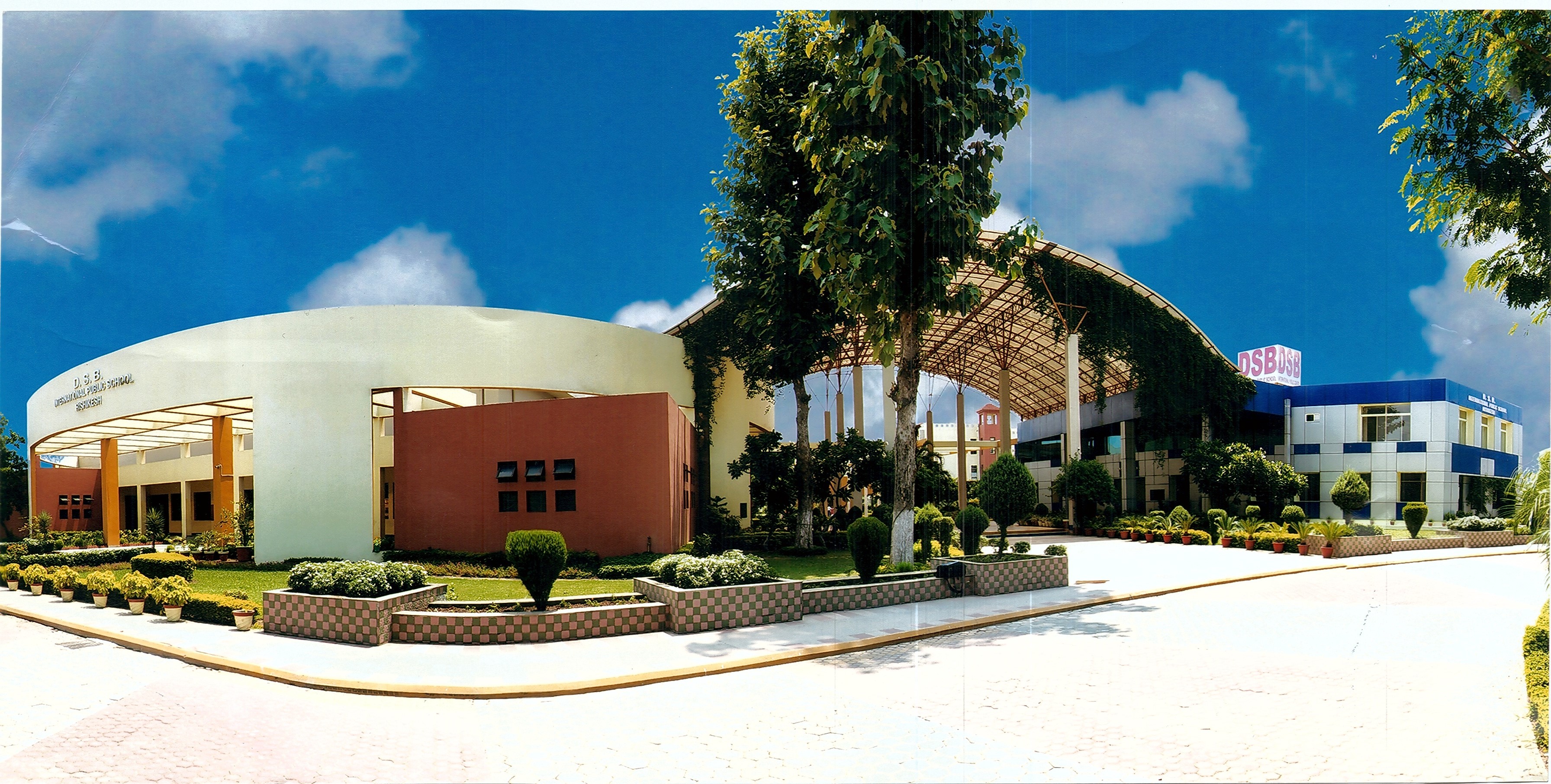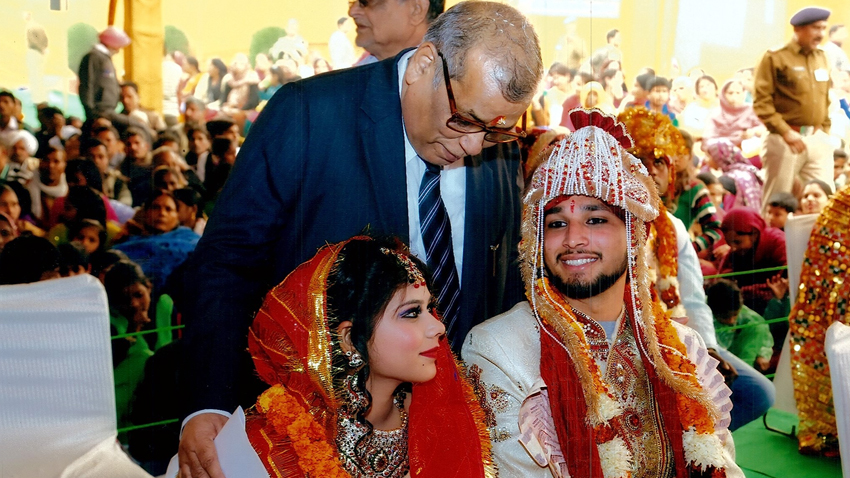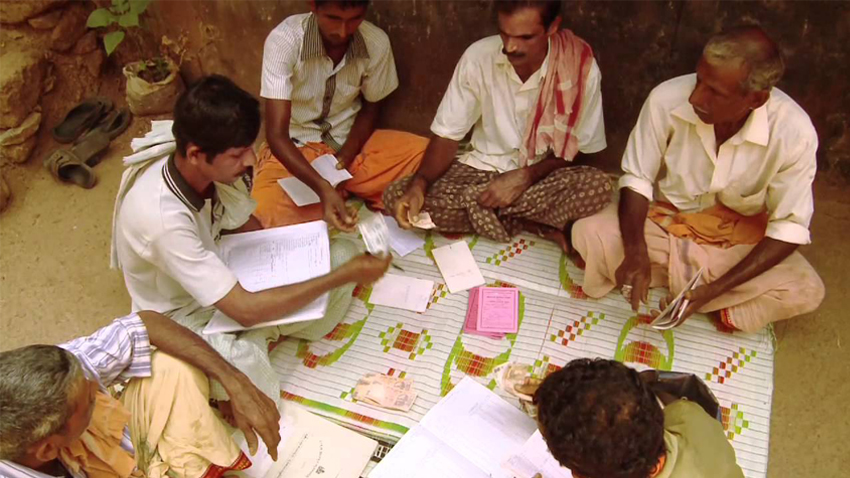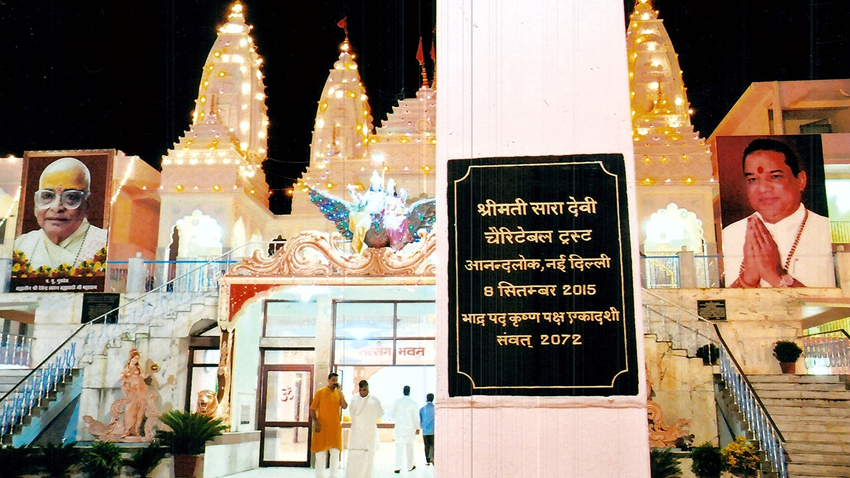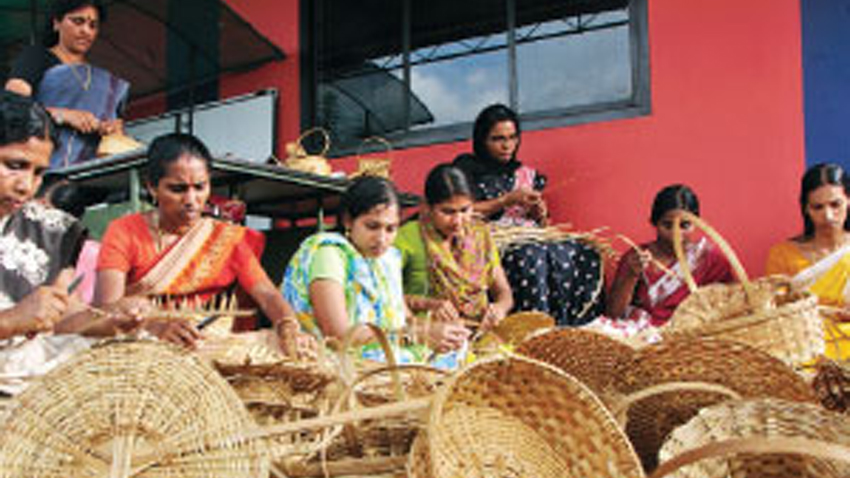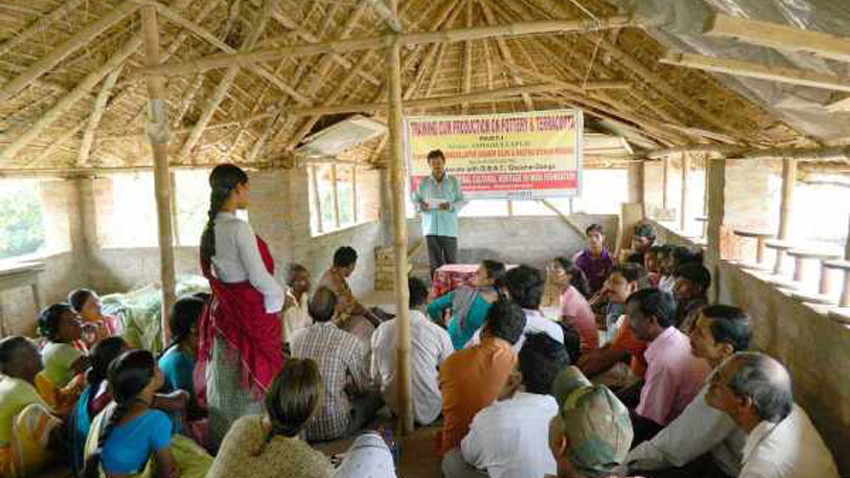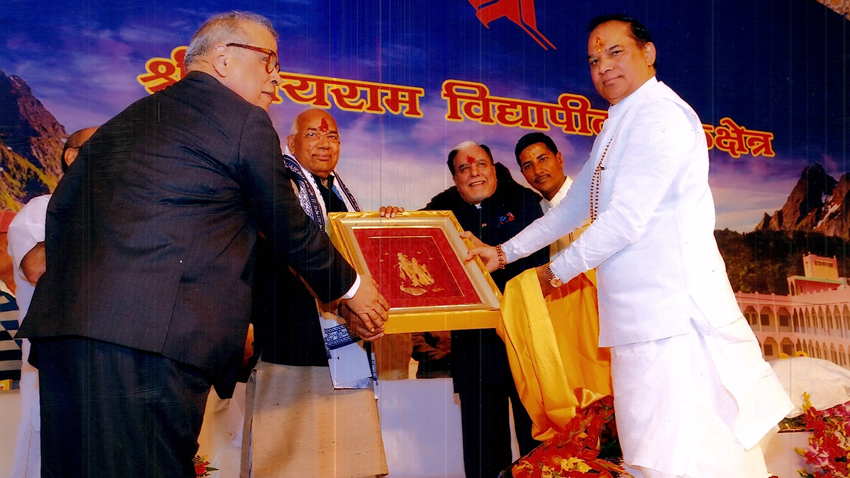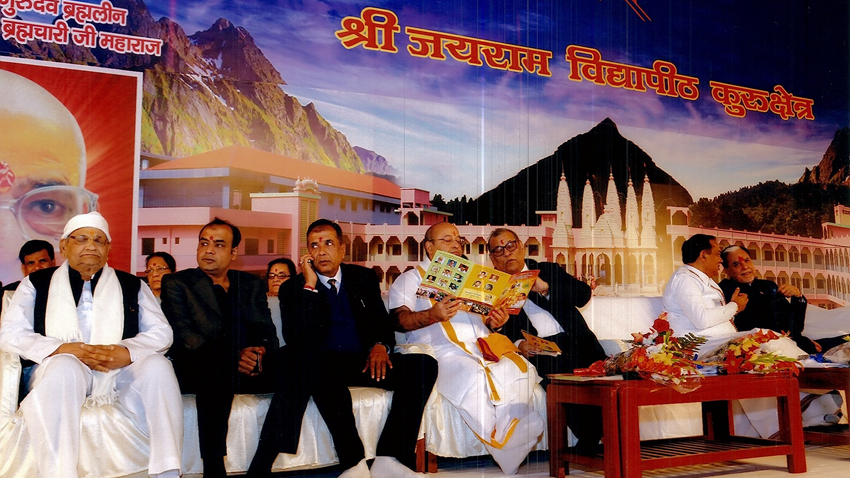Community wedding
Mass weddings are sometimes preferred for economic and social reasons, such as the reduction of costs for the venue, officiants, decorations, as well as the celebrations afterwards which can sometimes be shared between multiple families. In 2011 a collective wedding ceremony in India involved 3,600 couples, including Hindus, Christians, Buddhists, Muslims, and Adivasi. Many of them were the children of poor farmers.
Mass civil or religious weddings are a common phenomenon, and are often sponsored by government and charitable groups as a form of public service. Local politicians and sometimes celebrities participate as common wedding sponsors at such mass rites, which enable couples (and by extension their children) to benefit from formal state recognition of their unions.Churches also regularly offer collective Nuptial Masses for their low-income congregants, at times in partnership with the secular government of that predominantly Catholic nation.

